‘This can be painful for the family budget’
A twofold rise in tariffs, benefits for mobilised people and mass meter inspections — five important novelties in housing utilities till the end of the year
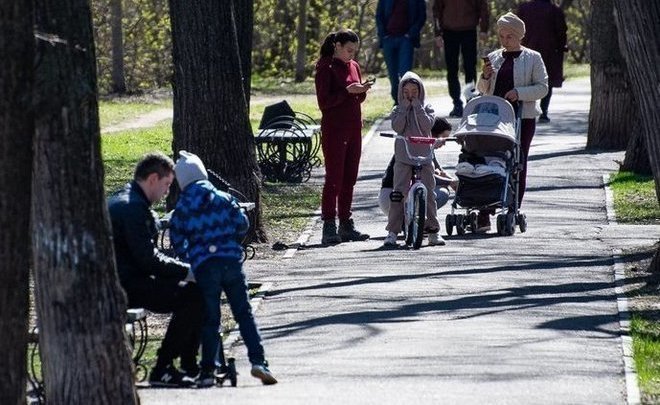
A twofold rise in utility bills awaits Russians this year — by 500 rubles on average. Housing utility service has already been raised in Tatarstan as well as across the country since 1 July by 6,5%, the new tariff hike is expected from 1 December. Experts consider the upcoming growth of figures in the bills quite perceptible for the family budget. According to their forecasts, this will increase the already big number of debtors. Today Russians’ utility bill debt totals nearly 770 billion rubles, the share of Tatarstan residents is 8,7 billion. Moreover, since October utility companies have been returned the right to impose fines for overdue payments. Read more about these and other important novelties in housing utilities in Realnoe Vremya’s review.
1. Housing utilities to grow twice a year
Figures in Tatarstan residents’ utility bills will grow twice this year because the next tariff indexation for the population was transferred from 1 July 2023 to 1 December 2022. According to functionaries, the goal of the transfer is to provide the uninterrupted operation and development of utility infrastructure, the necessity of renovating heating mains, water pipelines and other facilities. Russians are promised that the next jump in utility price isn’t going to be earlier than July 2024.
The tariffs are planned to be increased by as much as 9% — this is the highest rate. If the number seems small at first now, in monetary terms the hike can amount to 400-500 rubles on average. It is up to regional authorities to decide how much utility services will be raised.
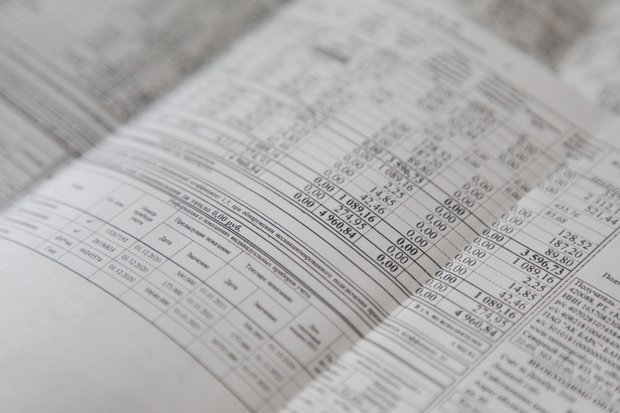
What will get expensive:
- cold and hot water;
- electrical energy;
- heat;
- gas;
- solid waste.
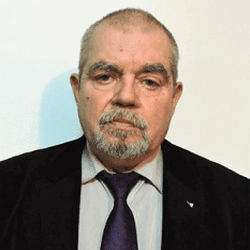
For this category of citizens there are subsidies if a utility bill exceeds their income by 21%. “Perhaps budget-funded workers and pensioners will be protected from the price growth by indexing their pensions and salaries. But for those who are, for instance, are employed in other spheres of the economy, including in small businesses, this hike can be painful for the family budget. It is also unpleasant that the budget will unlikely achieve the claimed goals — the renovation of utility mains — given the current situation. And perhaps this is why money is “pulled out of” of the population because nothing can be obtained next year without this money,” Zastela noted.
2. Mobilised citizens to be written off penalty fees in utility bills
A law according to which citizens who have been mobilised and their family members won’t be imposed penalty fees for overdue utility bills or a bill that wasn’t fully paid came into force in October. They will also be exempt from contributions to major repairs. This measure will be valid as long as a military service contract is in force.
Also, according to legislation, the mobilised citizens involved in the special military operation are granted the status of Veteran of Military Actions and a number of social benefits including a 50% compensation for renting and maintaining a flat, home management services and repair of common property in a block of flats and a contribution to the major repair. However, it is also necessary to consider that the amount of benefits depends on the mobilised person’s involvement in military actions and the risk he or she was subjected to.
By the way, another initiative for mobilised citizens has been voiced in the State Duma — the possibility of writing off utility debts at the state’s expense. The measure is designed even for those who joined the special operation on a voluntary basis.
3. Calculation of penalty fees given the Central Bank’s rate
As for other debtors, they will soon start receiving bills to pay for penalty fees. A moratorium on recovering penalty fees for overdue utility bills adopted by the government on 1 April lost its force in Russia on 2 October.
Moreover, a new penalty has been calculated since 1 August till the end of the year — managing companies impose a fee for unpaid utility services given the lowest key rate fixed by the Central Bank. Two numbers can be chosen — 9,5% as of 27 February 2022 or the date when the debt was repaid — nowadays it is 7,5%. Earlier, a fee was equal to 1/300 of the Central Bank’s key rate to the overdue sum.
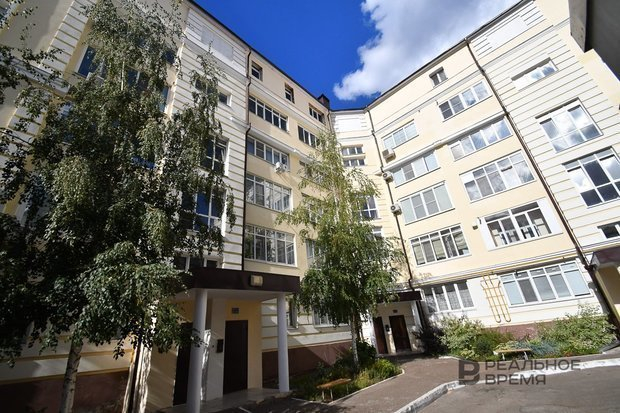
4. Concession recipients do not need certificates anymore
Another novelty is about paperwork or, more precisely, it cancels it. Now people on benefits including pensioners don’t have to provide any certificates and documents to receive a concession for major repairs in a block of flats.
Functionaries themselves must request information about people who are entitled to benefits according to law. The compensation will be provided automatically if the data is in electronic databases. Dedicated changes were made to the Housing Code.
The amount of compensations for contributions to the major repair for concession recipients is fixed at regional level. So according to authorities a disabled person or non-working pensioner can be exempt from paying contributions both partially and fully. The list of those entitled to the benefit in major repair contributions includes Group 1 and 2 disabled people, non-working homeowners who turned 70 or 80, veterans of military actions.
“For instance, I have a benefit as labour veteran. I have provided this document once and I don’t have to go and confirm it anymore. The same applies to other categories, for instance, disabled people. If now there is no need to go, it is very good. But this is in case the document is in the database. If it isn’t found, I think one can bring the necessary document. It is in the homeowners’ interest,” thinks Mikhail Zastela.
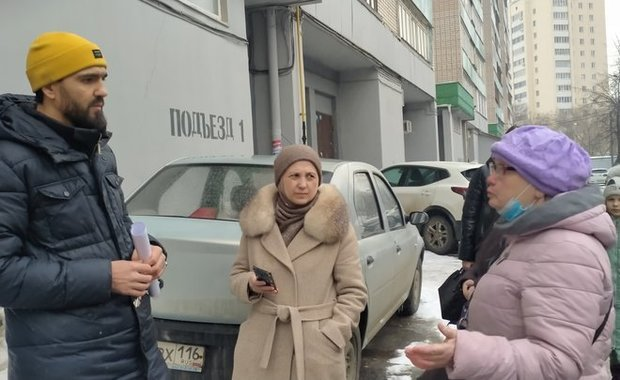
5. Have a meter in the flat? Wait for guests
A new rule of paying for utility services has come into force in Russia since 12 October. It will mainly affect those homeowners who have hot and cold water meters. Precisely these indicators residents provide themselves either don’t comply with the reality or aren’t provided on time.
So utility workers will soon start to check meters from door to door to specify the indicators of meters or replace the seal. All inspections won’t harm the homeowner’s budget — managing companies will take on all the costs.
Utility services will have to warn residents about their upcoming visit in an advertisement, and those who will inspect the meters will have to carry a document one can verify by phone. After the meters are checked out, people will pay the same money for using the resources. But if a homeowner doesn’t let inspectors in and the meter isn’t inspected, one should wait for a standard figure.
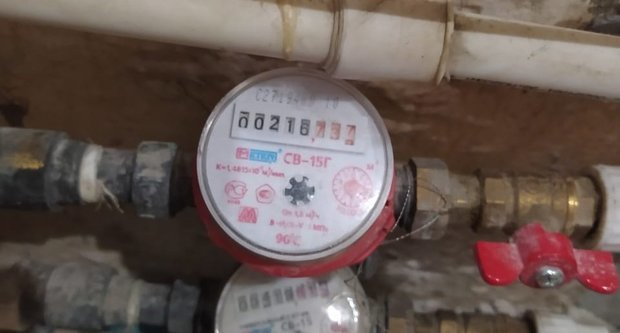
“The main problem here is to let inspectors in. Of course, in some cases such an inspection is needed. Utility workers are sound people, they see if you used just 50 litres of water a month that you cheat. But if I use only several cubic metres, what should they come to me In general, if one has a look at the problem in general, it is the time when smart meters will start to be installed in flats that will automatically send information to the system. This is already appearing new houses,” noted the head of the board chairman of the Tatarstan Regional Centre for Public Control in Housing Utilities Mikhail